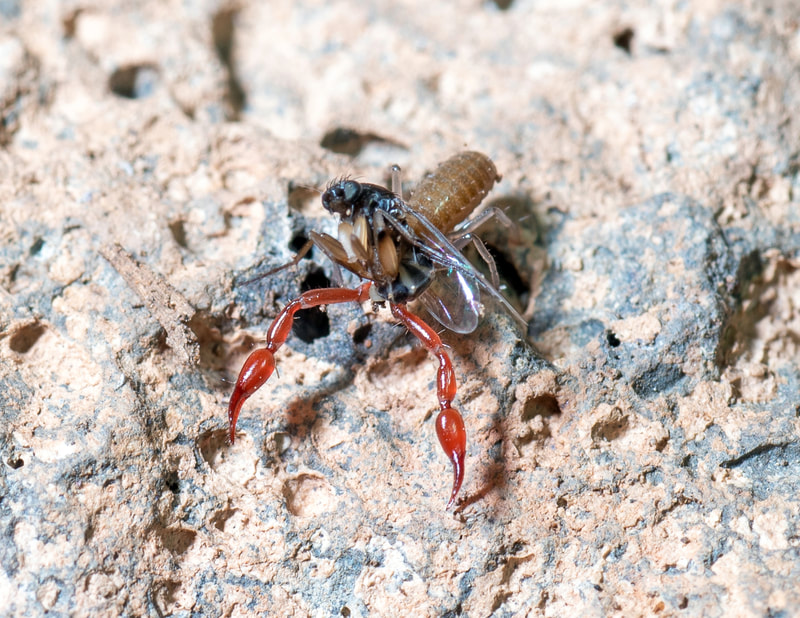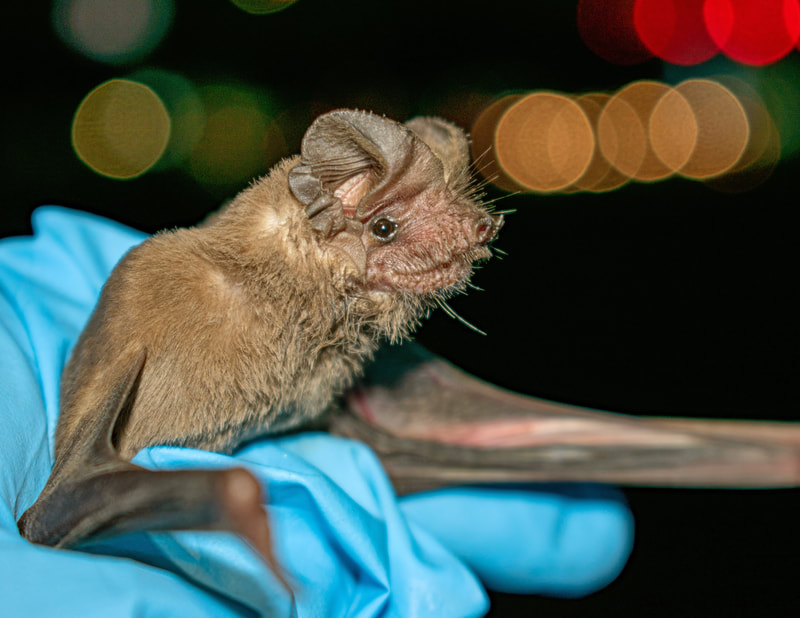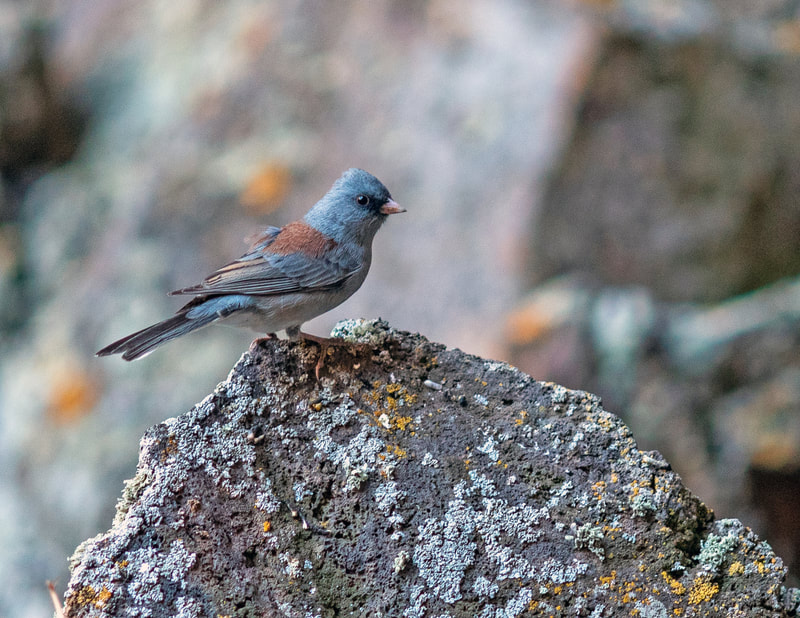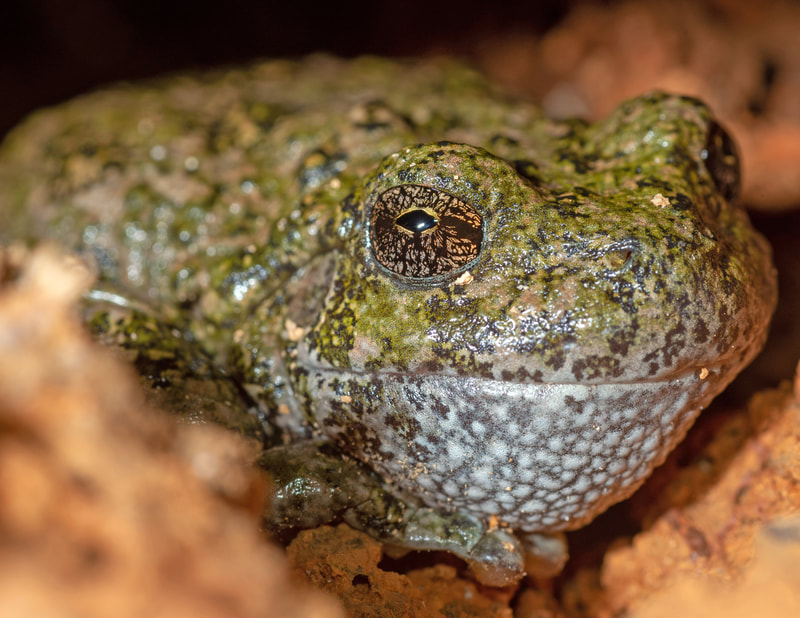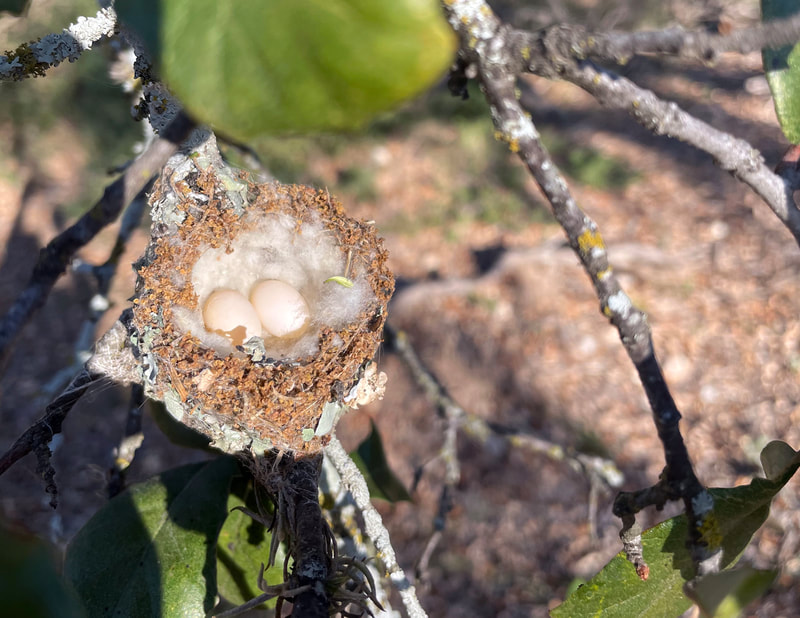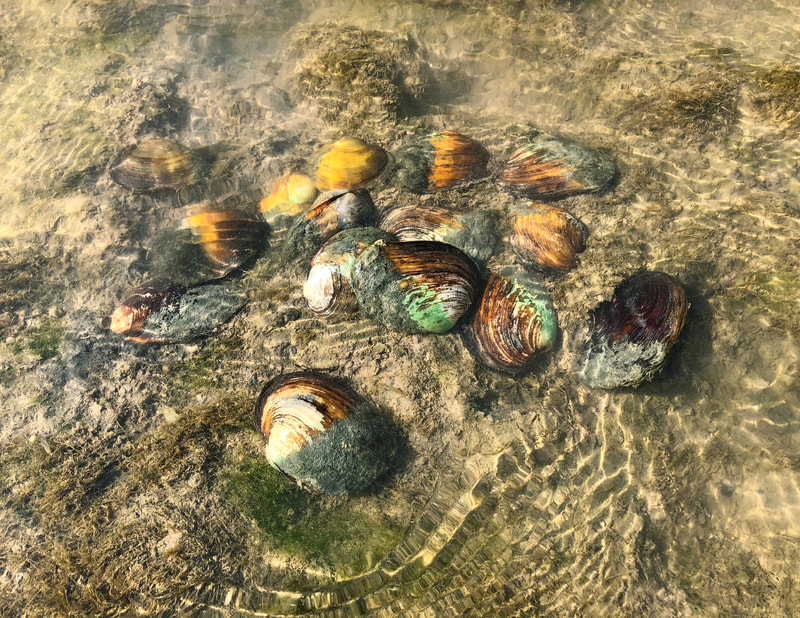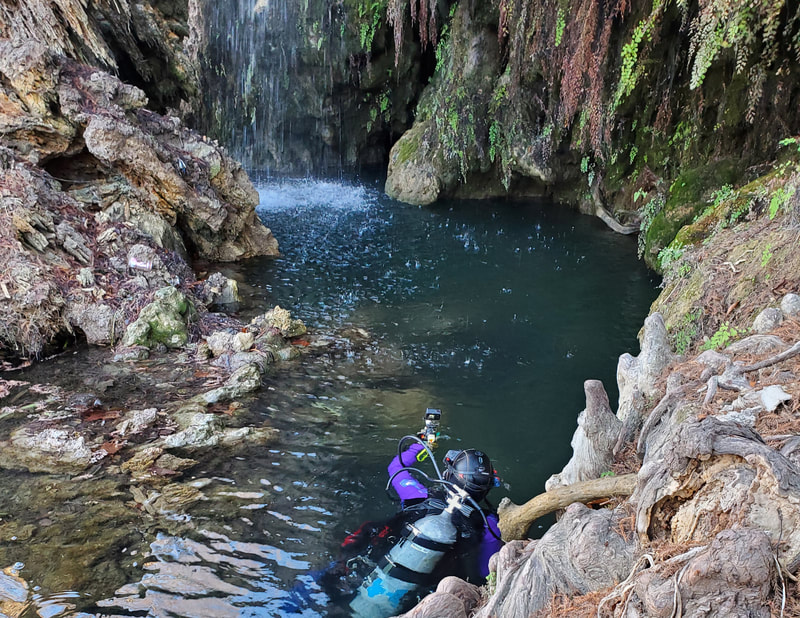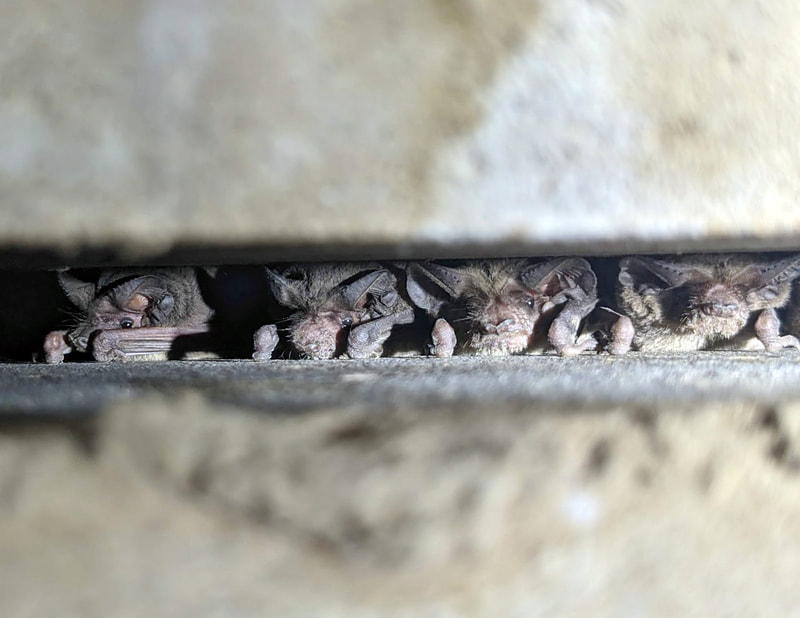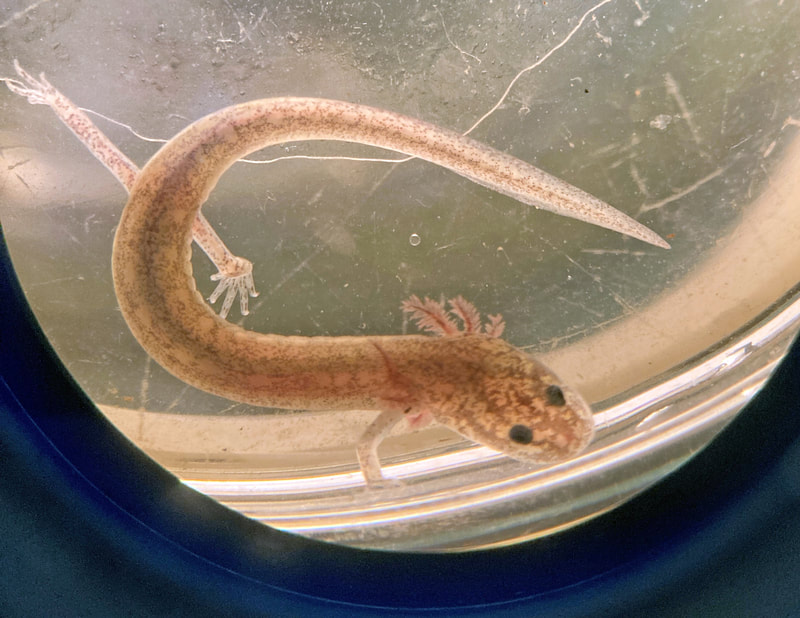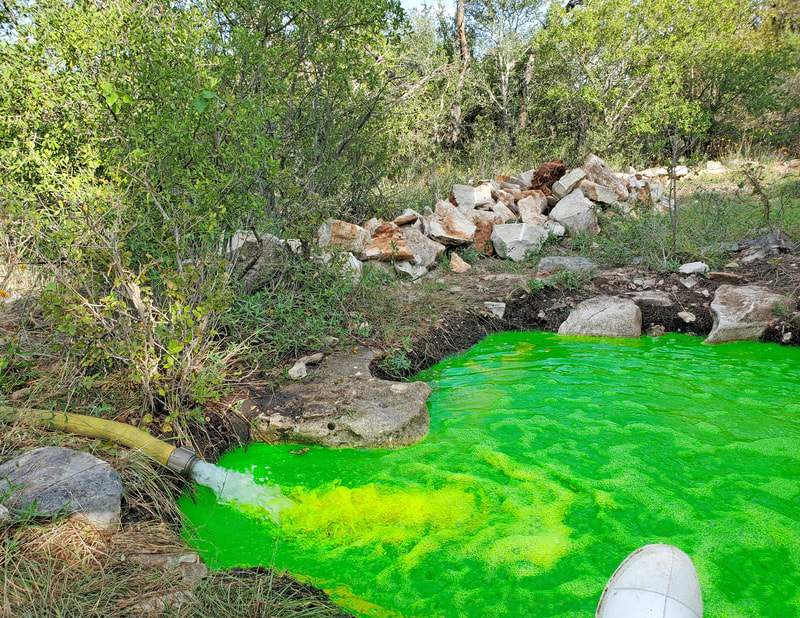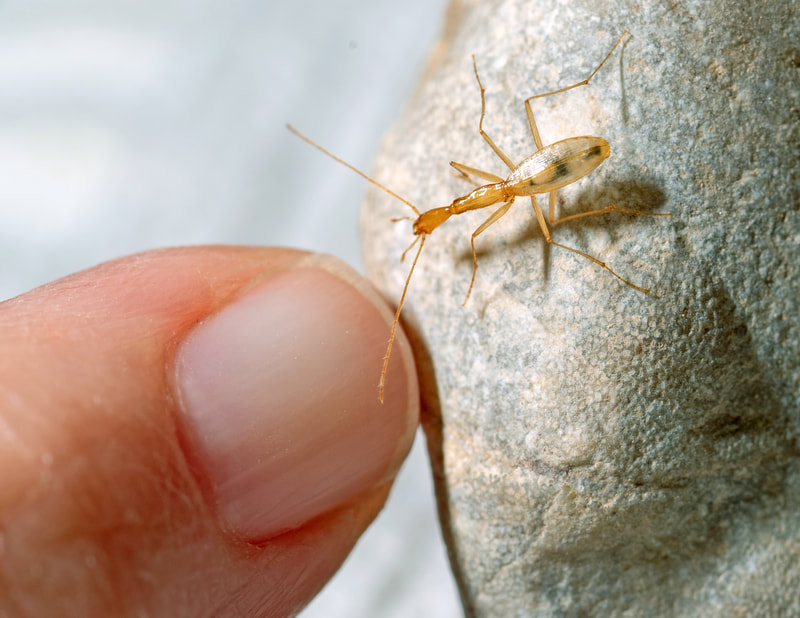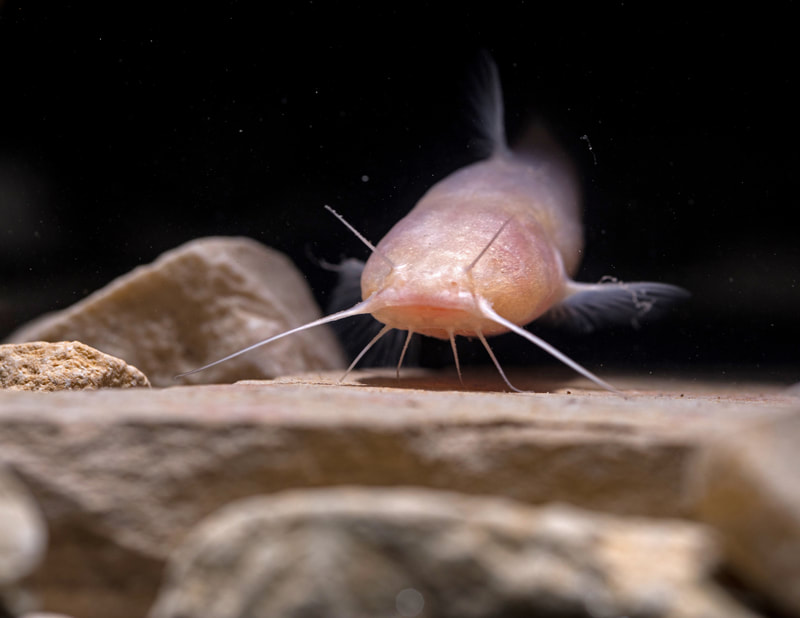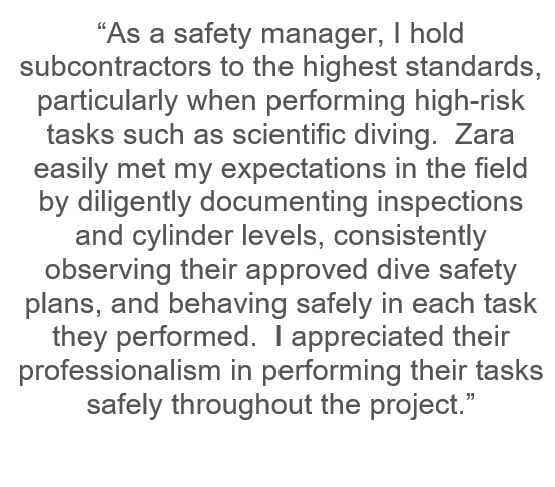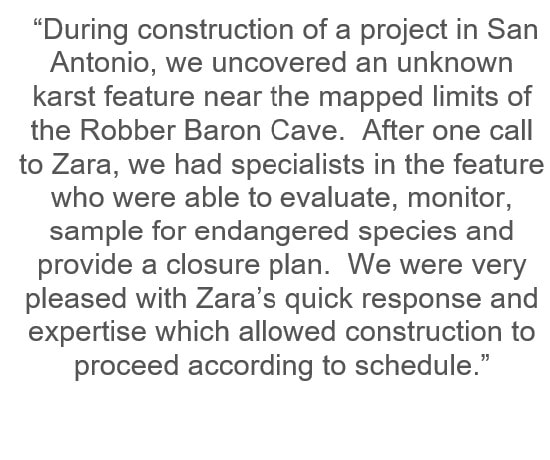Our mission is to facilitate an effective path through the environmental regulatory process by applying our technical expertise to address the dynamic challenges of our clients’ needs while upholding our core values of Integrity, Science, and Expertise.
|
Zara Environmental LLC (Zara) is a central Texas based woman-owned business founded in 2003 with the primary purpose of assisting clients to achieve environmental compliance for their projects. Zara’s primary service areas are driven by requirements for compliance with the Endangered Species Act (ESA), Texas Commission on Environmental Quality (TCEQ) regulations, and the National Environmental Policy Act (NEPA). We consult with landowners, governments, and developers to address multiple facets of environmental regulation including the development of Geologic Assessments, NEPA documentation, threatened and endangered species permitting under Section 7 and Section 10 of the ESA, Section 404 permitting, endangered species recovery plans, groundwater reports, and karst management and monitoring plans and evaluations. We perform field-based habitat assessments and species surveys, hydrogeological assessments, and novel ecological and groundwater studies. Our biological specialties include karst ecosystems, bat population studies, groundwater fauna and Eurycea salamanders, and endangered songbirds.
Zara is a state certified Historically Underutilized Business (HUB) and is certified as a Small Business Enterprise (SBE), Veteran Owned Small Business (VOSB), and Woman-owned Business Enterprise (WBE). Zara is also a GSA Multiple Award Schedule (MAS) contractor. |
 This pseudoscorpion (likely a new species of the Neobisiid family) was found clinging to the underside of a rock along with a fly (order Diptera) in the entrance of a lava tube cave at El Malpais National Monument, New Mexico. Pseudoscorpions are harmless arachnids that resemble scorpions, but lack the elongate tail with venomous stinger. However, many species have venomous pedipalps (pinchers) that are used to subdue their prey, which includes small insects, arachnids, and their larvae.  This Mexican free-tailed bat (Tadarida brasiliensis) was examined by Zara scientists while surveying bat colonies that roost under roadway bridges in Travis County, Texas. The historic winter storm of February 2021 was especially detrimental to Texas bat populations. Tens of thousands of bats are known to have perished statewide, and it’s estimated that total mortality could be much higher. 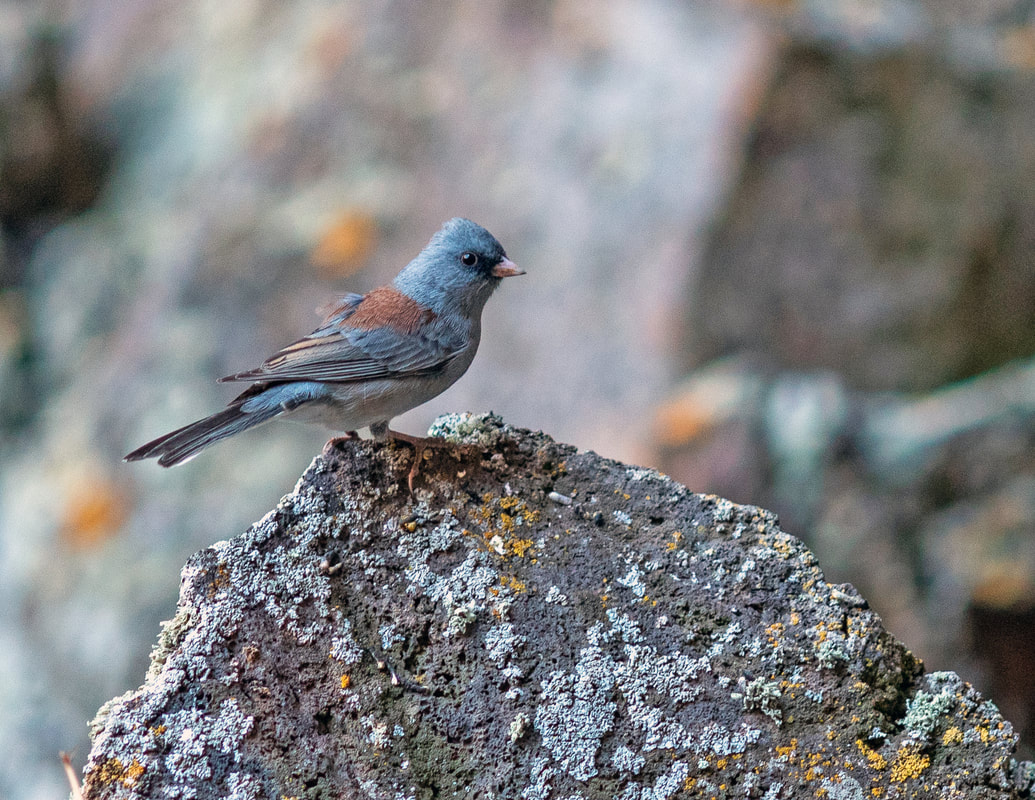 This Gray-headed Dark-eyed Junco (Junco hyemalis caniceps) was photographed in the woodlands of El Malpais National Monument, New Mexico. Juncos are members of the New World Sparrow family (Passerellidae) and are common to the Rocky Mountains of the Southwest. Juncos typically feed and nest on the ground, preferring habitats on the edge of forested areas. 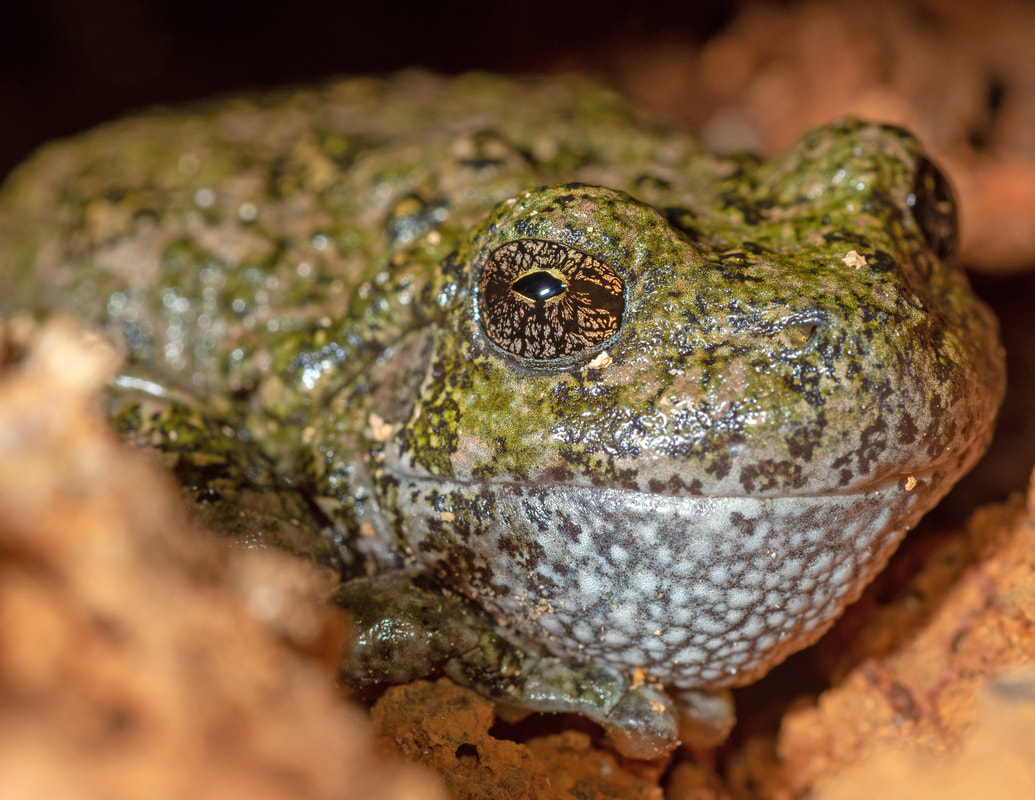 The Canyon Treefrog (Hyla arenicolor; photographed within El Malpais National Monument, New Mexico) is native to the southwestern U.S. Although classified as a “tree” frog, this mostly nocturnal species spends little time in trees or shrubs, preferring rocky habitats near a perennial water source. 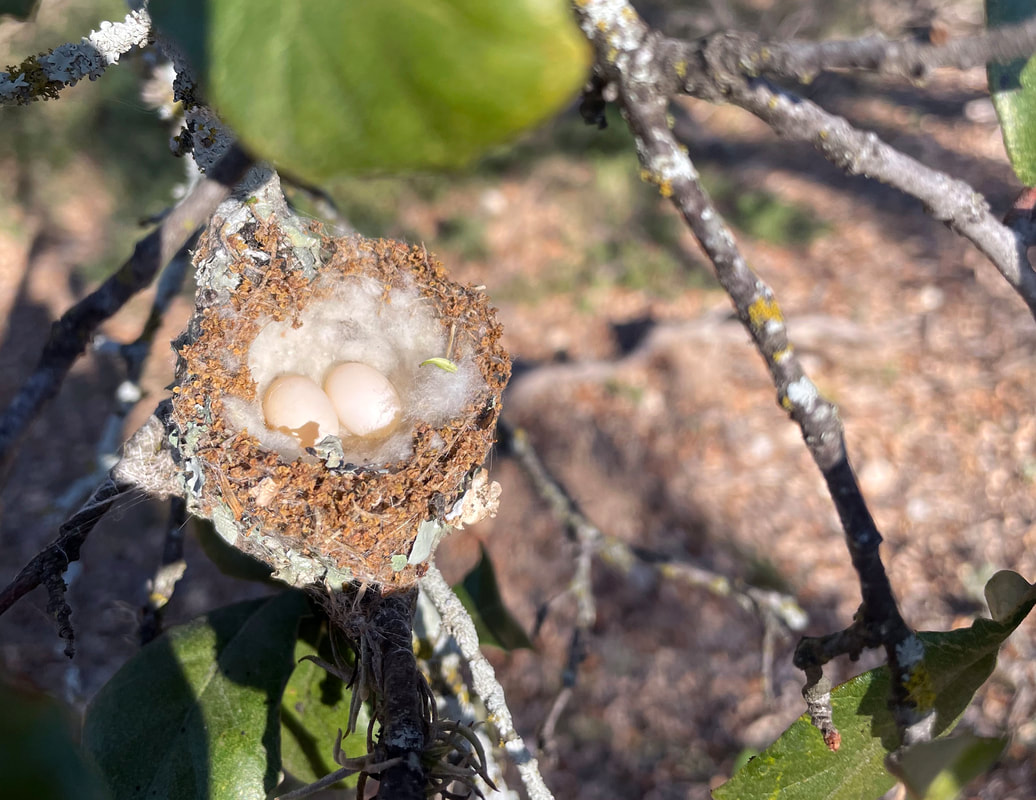 Hummingbirds use spider silk to bind and secure the nesting materials (twigs, moss, leaves, plant fibers, etc.) for their small (typically 1 to 1.5-inch diameter) bowl-shaped nests. This tiny nest was photographed while Zara scientists conducted surveys for the Golden-cheeked Warbler (Setophaga chrysoparia) in Bexar County, Texas. 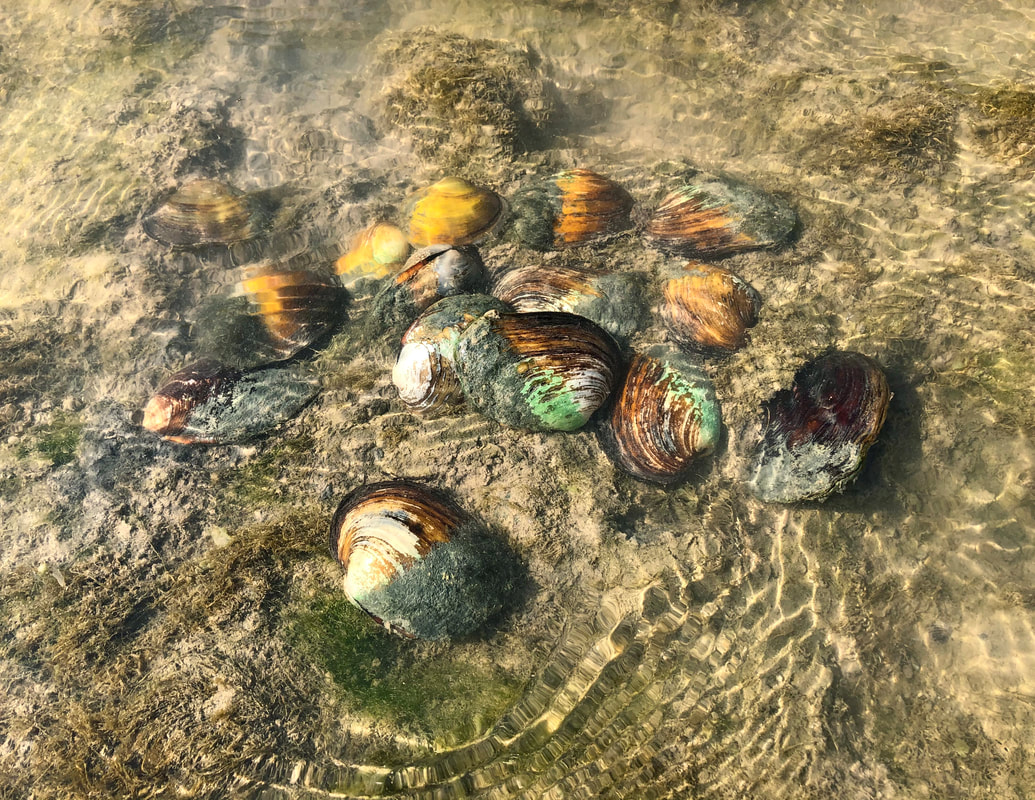 These Threeridge (Amblema plicata), Pimpleback (Cyclonaias pustulosa), and Guadalupe Orb (Cyclonaias necki) mussels were photographed in the San Marcos River, Texas. The Guadalupe Orb was recently acknowledged as a distinct species that is separate from the Texas Pimpleback (Cyclonaias petrina). In August of 2021, the U.S. Fish and Wildlife Service proposed to protect both species along with four other Central Texas freshwater mussel species under the Endangered Species Act, including segments of rivers proposed as critical habitat for all six species. Play Pause |

